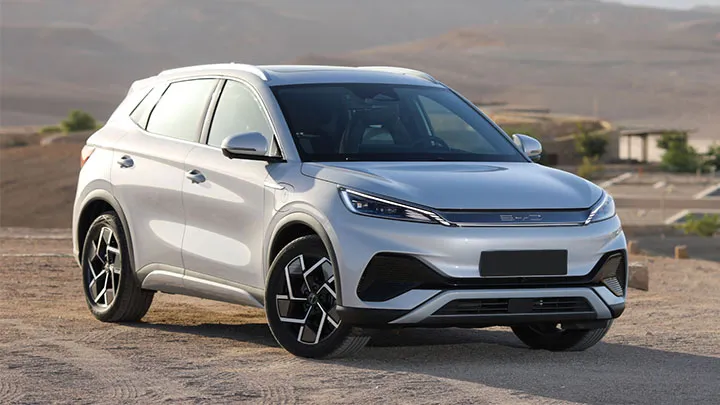
With Nigeria facing growing transportation and environmental challenges, experts say electric vehicles (EVs) could offer a lasting solution—if the right support is put in place.
Speaking on Saturday in Abuja, industry players urged the government and other stakeholders to step up investment, awareness, and infrastructure development to help EV technology take root across the country.
Gbenga Bada, an auto technician who works in Kugbo, Abuja, said there’s still a major gap in public knowledge about electric vehicles.
“Many people don’t even know EVs are available in Nigeria, let alone what they can do,” he said. “There’s also a shortage of skilled technicians to service and maintain them, which is something we need to fix quickly.”
Bada acknowledged the efforts of the National Automotive Design and Development Council (NADDC), which has supported the rollout of EV charging stations and locally assembled electric buses.
“They’re doing something. The government wants to see 30 percent growth in electric mobility, and that aligns with the National Automotive Industry Development Plan,” he said. “China is also showing interest by investing in EV factories here, especially with the lithium we have.”
He added that the presence of electric vehicles on Nigerian roads is steadily growing, with estimates suggesting there are now between 15,000 to 20,000 EVs in the country—up from just a few thousand a few years ago. Bada said Nigeria’s expanding population and increasing urbanisation make it a prime market for EVs.
“Some global EV brands are already showing up in Lagos and Abuja, thanks to private sector initiatives,” he said.
For renewable energy expert Austin Emmanuel, the EV conversation goes beyond transportation—it’s also about climate and economic opportunity.
Emmanuel also pointed to recent strides in local EV manufacturing, noting that SAGLEV Electromobility Nigeria Limited has set up an assembly plant in Lagos. The facility, he said, aims to produce up to 10,000 electric vehicles annually, including BRT buses and passenger cars.
“With the kind of tech talent we have in this country, there’s no reason we can’t start leading our own research and innovation in the EV space,” he said.
